By Karna Small Bodman
Serendipity, n. The occurrence and development of events by chance in a happy or beneficial way.
We’ve all heard the term, and we may have experienced it now and then, but have you ever thought about how so many things in our lives are there because of chance or an accident? Let me give you a few examples that occurred throughout history, as well as one that inspired my first novel.
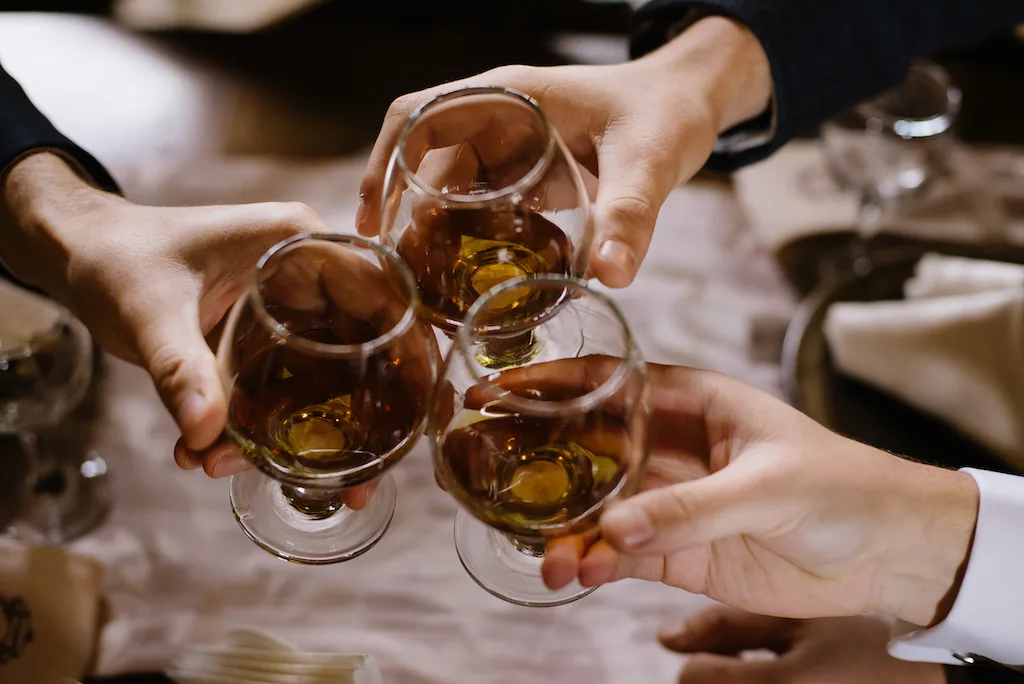
In the 16th century, the captain of a Dutch ship was trying to figure out how to transport wine in a more economical way. He thought that if he heated the wine, that would concentrate the alcohol and take up less space. He figured he could add water when he arrived at his destination. But once he got there, he first tasted the water-reduced wine to see if it survived the voyage. He discovered that it was even better than the original batch, so he never replaced the water. Instead, he renamed his new beverage Brandewijn which is Dutch for “burnt wine.” I suppose you could try it if you wish. It might save a few bucks and give you a new after dinner drink, Brandy.
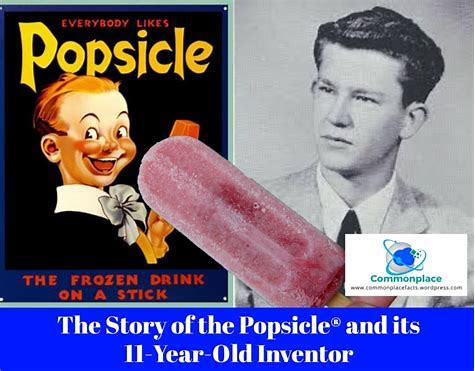
In 1905 an 11-year-old boy named Frank Epperson wanted to make a fizzy drink, so he did what most people did back then — he mixed soda powder with water and stirred it with a stick while he was sitting out on the porch. He hadn’t finished it when it was time to go to bed, and he mistakenly left the rest of it out there overnight with the stick in it. While he was sleeping, the temperature dropped way down, and when he went to retrieve his glass, he discovered the “fizzy drink” had frozen. Some 18 years later, in 1923, he decided to apply for a patent for his “frozen ice on a stick.” He called it the “Eppsicle” ice pop and started making it in different flavors. By this time, he was married and had children who began referring to the Eppisicle as a “Popsicle.” In 1925, he sold the rights to a company in New York who marketed it for a nickel. Today hundreds of millions of Popsicles are enjoyed in the US every year (I dare say for a good bit more).
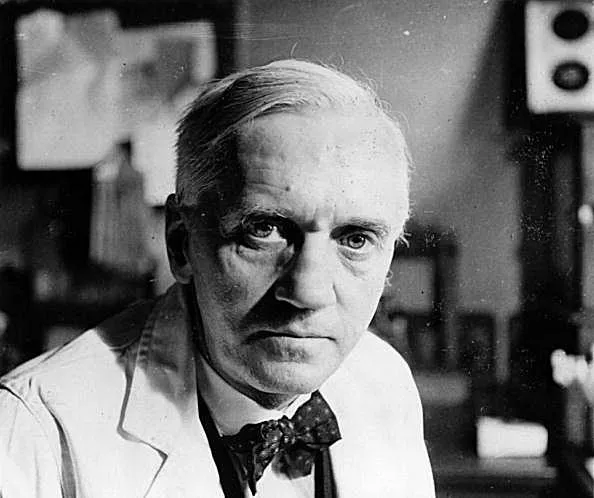
Of course, one of the most famous inventions that happened by accident was made by British bacteriologist and Nobel Laureate, Sir Alexander Fleming. It happened in 1928. On a September morning, he and his family had just returned from a vacation at his country house, and he was back at his workbench at St. Mary’s Hospital in London when he realized that he had left a dish of bacteria sitting there while he was gone. Since it was “contaminated,” he tossed it along with several others. Later, deciding he should salvage some of those dishes, he put a pile of them in a tray of Lysol. Luckily, several of those dishes on top hadn’t been touched by the Lysol. He picked one up and noticed that while he had been away, a mold had expanded on the dish. This particular mold seemed to have killed the bacteria (Staphylococcus) that had been growing in that dish. It took another dozen years of experiments with that mold to develop the drug that would kill bacteria without harming the human body, and thus, Penicillin was created.
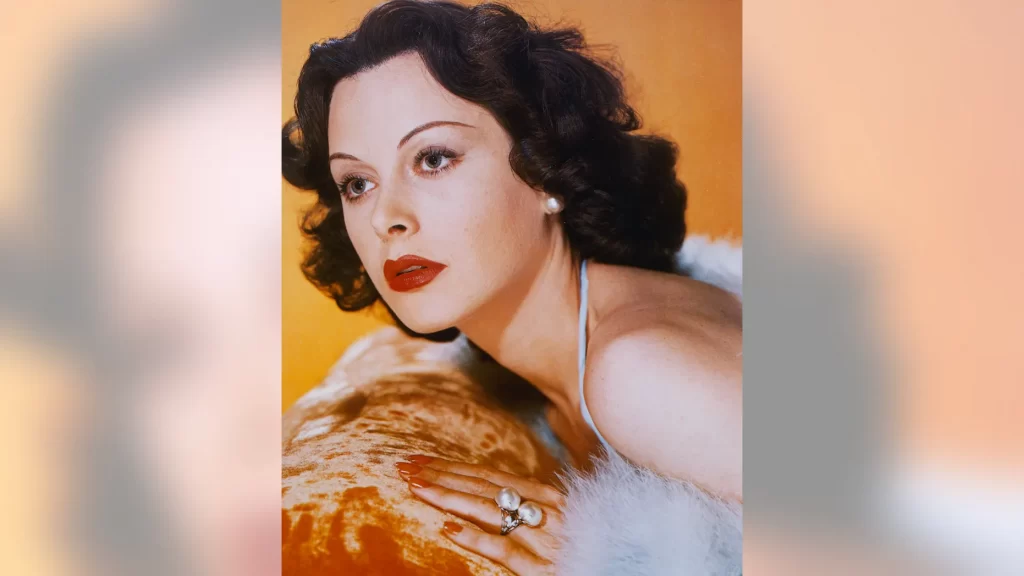
A little while later, a series of unexpected events culminated in an invention by a Hollywood actress who was dubbed “The Most Beautiful Woman in the World” by Tinsel Town producers. Her name was Hedy Lamarr. Growing up in Austria, in the 30s she was pursued by the industrialist Felix Mandel whose companies produced munitions and guidance systems that were sold to Axis leaders. When Mandel hosted dinner parties for Nazi generals, he was proud to show off his gorgeous wife as his hostess. She remained quiet, but listened intently, learning about their strategies and war plans. When Mandel became too possessive and abusive, she managed to escape and eventually made her way to Hollywood.
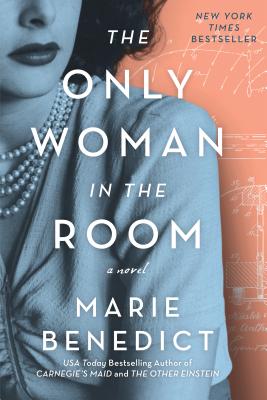
However, World War II had begun and Hedy became overwrought watching Nazi ships using those Austrian guidance systems to tap into Allied communication frequencies, locate our Navy, send torpedoes and kill our seaman. By chance she became friends with George Antheil, a well-known pianist. Teaming up with him, she came up an incredible idea inspired by piano music. She said that if there could be a way to make our frequencies “hop around” like the little slots in piano rolls used in player pianos, no enemy would be able to decipher ship to ship communications and lives would be saved. One of my favorite authors, Marie Benedict, wrote a wonderful book about Hedy Lamarr and this invention. The book is The Only Woman in the Room, the title referring to the times when she was the hostess for those dinners back in Austria. Hedy and George got a patent on their invention and called it “Spread Spectrum.” They went to Washington to meet with officers at the Pentagon to urge them to adopt their invention and use it to protect our ships. However, she was met with a typical reaction of the time: “Don’t bother your pretty little head with this kind of thing. Stick to acting.” (Or some such language). Eventually the patent ran out and she never made any money on it. Finally, years later, our US Military paid attention and put this “frequency hopping” to use during the Cuban Missile Crisis. Today it is still being used in our cell phones, GPS and Wi-Fi Technology.
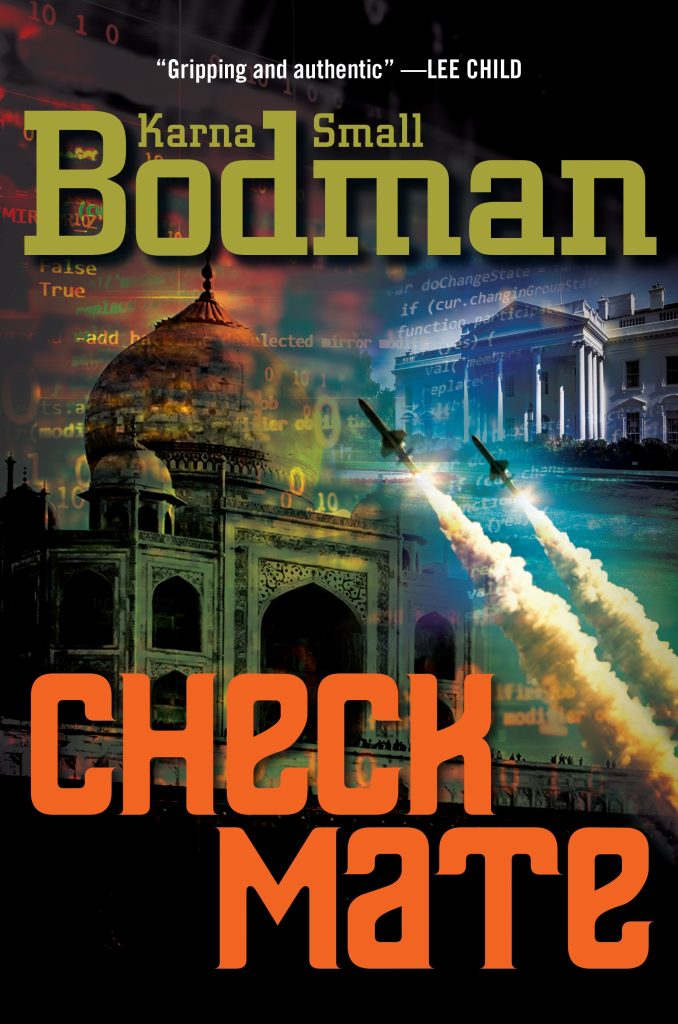
I remember stumbling upon an earlier version of Hedy Lamarr’s biography, and I became fascinated with the whole issue of frequencies. It inspired me to write my very first thriller, Checkmate, which features a scientist who works for a defense contractor. She invents a breakthrough technology for a defense against cruise missiles whereby she figures out the frequency the enemy is using to guide the missile to its target. Using the same frequency, she invades their system (like a computer hacker), takes control of the missile and turns it around on the heads of the “bad guys.” Several years later, I was having a conversation with a State Department official who asked about my book. I explained my “system” to redirect a cruise missile. He leaned over and said in a low voice, “We can do that now.” Wow – who knew?
Now a question for our readers: Have you had any experiences you would call “Serendipity” in your life?
And for authors: Have chance happenings inspired any stories you have written?
Tell us about them and thanks for visiting us here on Rogue Women Writers.
















































What an amazing blog, Karna. So much fun, and I learned a lot of interesting stuff. Love how mistakes have led to inventions we still use today. As a longtime popsicle fan (particularly root beer) I was tickled that a kid had invented it. And the crazy way brandy came to exist?! Also, I’m totally impressed, but not surprised, that your futuristic invention that redirected cruise missiles was also (and actually) created by the government! Brava!
I am hoping for some serendipity right now, and am so happy to read how it inspired your work–and surely saved lives, Karns.
Thanks, Gayle. Come to think about it — the whole idea of chance meetings make up the story line in a bunch of Hallmark movies. Boy meets girl, and “Love conquers all.”
I’m very happy about the penicillin since I pretty much lived on it when I was a kid! (Bad tonsils.) But I did have a happy coincidence affect my writing when I was writing a book about a hostage situation in a bank, and then at a Sleuthfest dinner happened to sit next to an older gentlemen who had not only worked hostage situations at the NYPD but wrote the article that was still used by the FBI in their training!
That rally was “Serendipity” Lisa — which only adds to the experiences you share in your bestselling novels!
*Karna that is. Darn you, autofill 🙂
This is great!!! Serendipity indeed. Thanks, Karna!
I loved reading this–had no idea about Hedy Lamar, but had seen the popsicle part, I believe, on The Foods that Built America, I believe. How very cool about your system to redirect a cruise missile! I wonder how often this happens in books or writing, when something that hasn’t been, comes to be after it’s been put to paper?
Very interesting! I love learning stuff like this. As for personally, I have written things in my novels only to have something similar happen. It’s been enough times that my readers joke about it. Unfortunately, they’re not good things.
I had not heard the story of how popsicles came to be. I always love the stories about Hedy Lamar. Serendipity is one of those things you hope for, always.
Hedy Lamarr’s story was made into a children’s book by the brilliant author Laurie Wallmark in 2019 as part of her “people who shaped our world series.” Laurie has degrees in Biochemistry from Princeton University, Information Systems from Goddard College, and Writing for Children and Young Adults from the Vermont College of Fine Arts. Her debut book, Ada Byron Lovelace and the Thinking Machine, received four starred reviews (Kirkus, Publishers Weekly, Booklist, and School Library Journal), praise in The New York Times, and numerous awards.
Here’s a link: https://www.amazon.com/Hedy-Lamarrs-Double-Life-Hollywood/dp/1454926910
I love to hear about serendipitous inventions. Thanks so much for sharing this fabulous blog post, Karna!
That is so cool that Laurie Wallmark wrote a children’s book about Hedy Lamarr! Thanks for letting us all know about it, Isabella.